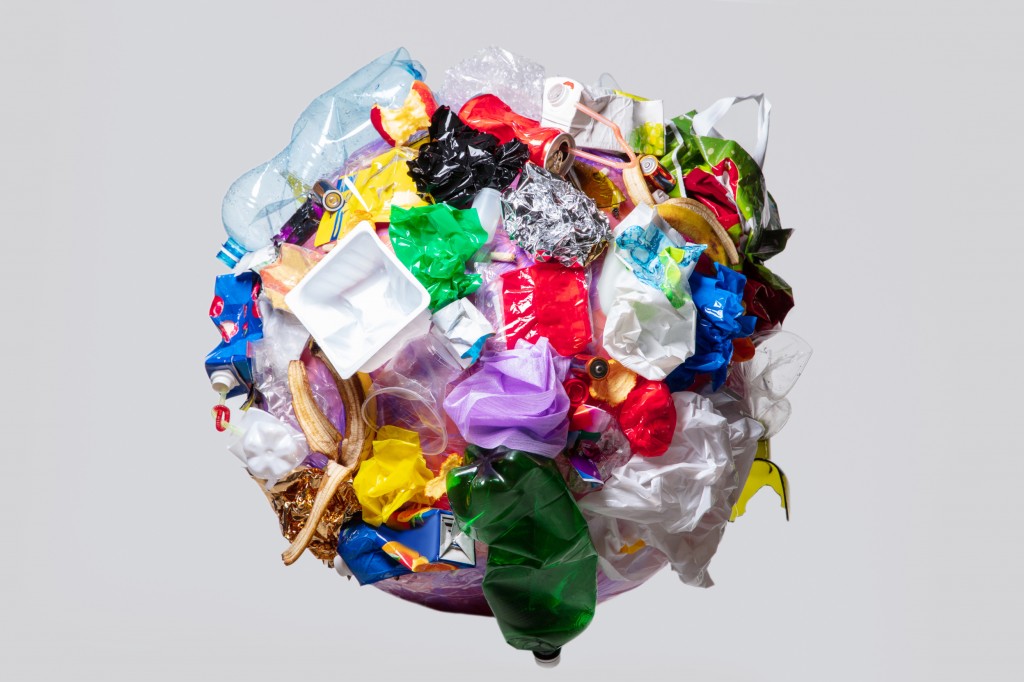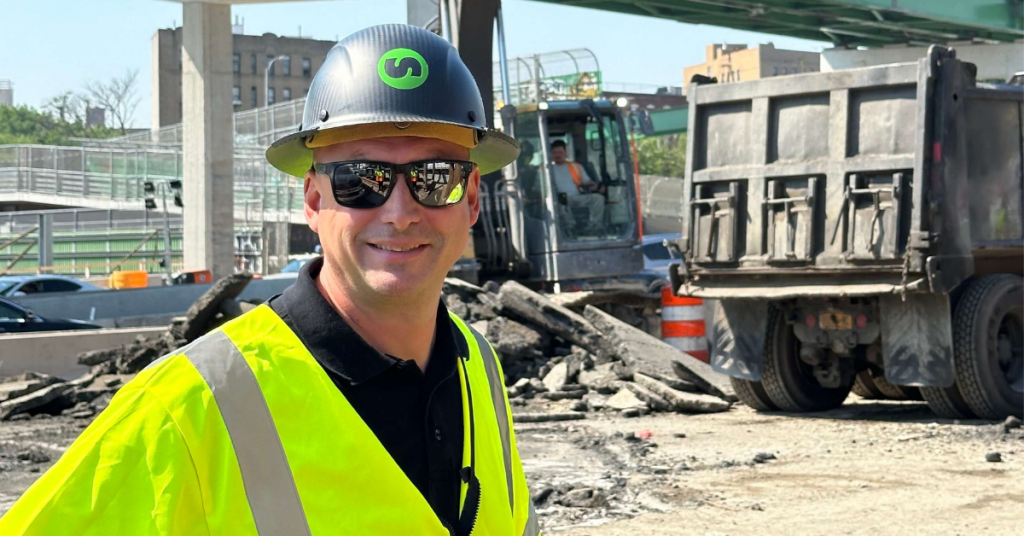
Extended Producer Responsibility (EPR) is a mouthful. It's an industry term often expressed as producers paying the full cost to collect and recycle the products they sell into the marketplace. The benefits of EPR are often trumpeted as reducing the burden on municipalities and, thereby their taxpayers, to collect and find markets for these products once they become waste. When we talk about EPR this way, we're reducing it to a public sector or taxpayer issue. We're also missing the point - at its core, EPR is simply unfinished business that, when managed by businesses, benefits all of us.
Let's talk about this. Without EPR, large businesses produce materials and sell them into the marketplace. Consumers, like you and I, buy these materials, use them and, if recyclable, either take them to a collection point or, if it's an option, put them out for curbside pickup. Without EPR, we pay our cities, towns or villages to collect and find recycling markets for these materials. We're also deeply frustrated when we learn that it can be really challenging for our municipal governments to find viable recycling markets and, more often than we want, the materials go to landfill.
This is how EPR ends up being viewed as a solution to reduce the burden on municipalities and their taxpayers. With EPR, we shouldn't be talking about fixing today's problems. We should be talking about a future ripe with profit, partnerships, and possibilities that benefit businesses, consumers, municipalities and their taxpayers.
EPR at its core celebrates the incredible strengths of businesses. It recognizes them as the best there is when it comes to innovation, finding low-cost and high-return solutions, and delivering exceptional customer experiences. The recycling industry is unto itself big business. It is enhanced by innovation and technology. It creates green jobs. It supports local economies. And, done well, it builds goodwill with consumers.
When provinces embrace EPR, they embrace the fact that the company that makes the products is in the best position to ensure they are collected and recycled into new products. It doesn't matter if we're talking product design, product collection, or the economics of the system, it's all best imagined, created and managed by the businesses that develop and sell the products into our provinces.
But what about the businesses themselves? If they're paying for the costs of EPR, then why would they support it?
The reason is simple - EPR is a big factor in social licence. Social licence, sustainability, and corporate social responsibility were all once buzzwords or hopes for the future. Today, they are consumer expectations. While the average consumer might not be familiar with EPR, we are all becoming more familiar with media stories about "recyclable" products with no end market that end up in landfill. Consumers are looking for a "hero" in this story. They want to know that the time, energy and money they put into recycling systems leads to recycled products. EPR does this - it puts businesses, once the villains for creating waste, into a hero's role that, truthfully, only they can fill.
If businesses taking accountability for their unfinished business is so good for business, then why is a pro-business province, like Alberta, so slow to adopt EPR?
The problem, as we see it, is we're touting small-scale solutions to problems rather than capturing imaginations with visions of profits, partnerships and possibility for everyone. EPR can and should be exciting for government, businesses and consumers. It's the promise of positive environmental outcomes, market forces driving green jobs and innovations, and large producers bringing the prospect of a circular economy within grasp. It's capitalizing on unfinished business in a province that has long recognized the power of the marketplace to not only solve problems but find better ways.
EPR is our ticket to modernize, profit from, and see unprecedented results from our recycling systems. Alberta, it's time for EPR.
Jodi Tomchyshyn London is the current President of the Recycling Council of Alberta and the Principal for JTL Squared Consulting. Lisa Grotkowski is the Principal for Write to Communicate.
This article was originally run as the Last Word in the September 2020 edition ofRecycling Product News, Volume 28, Number 6.


